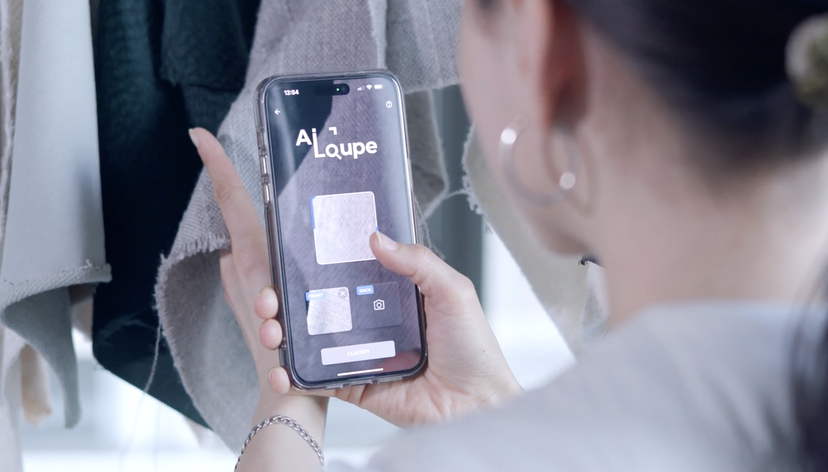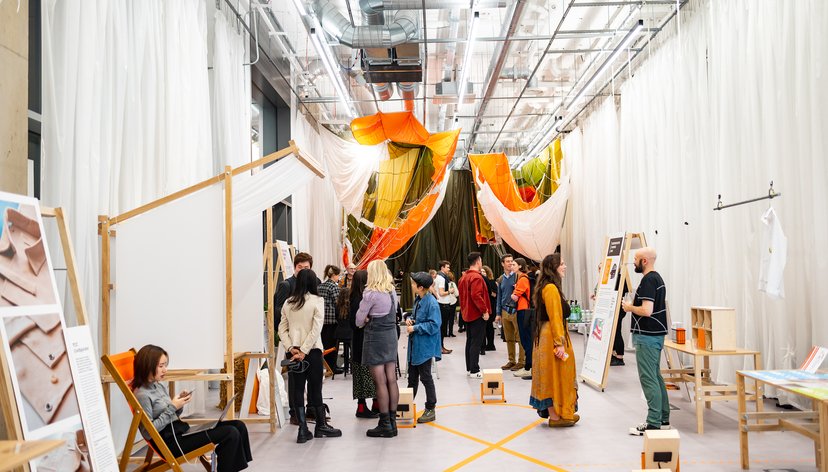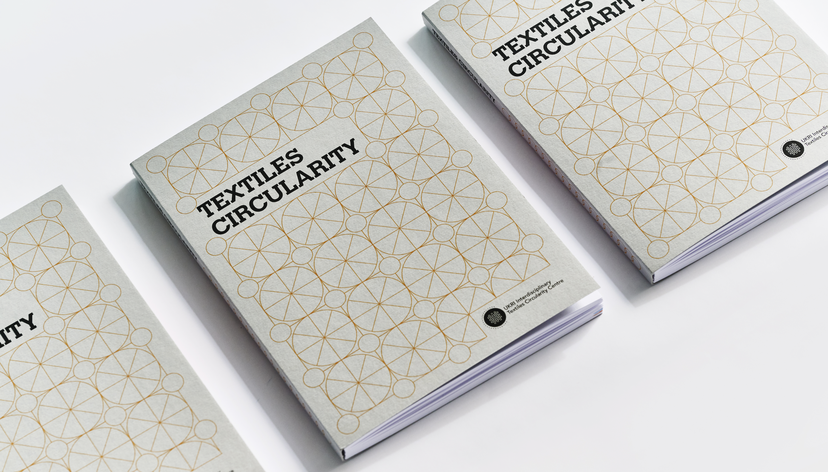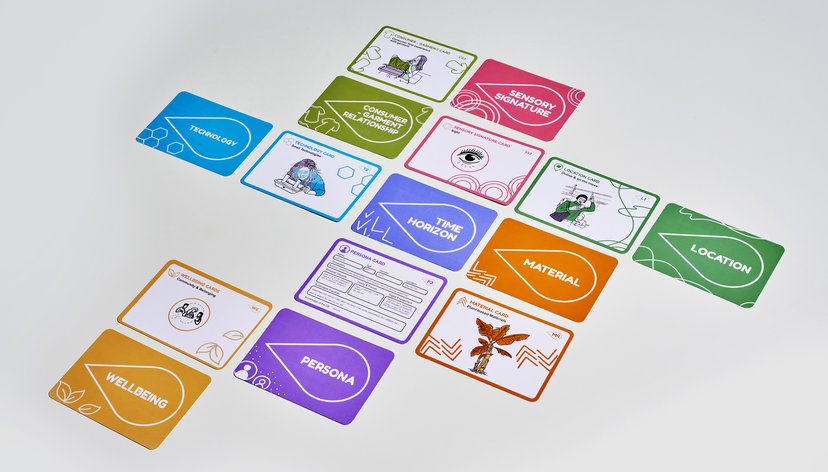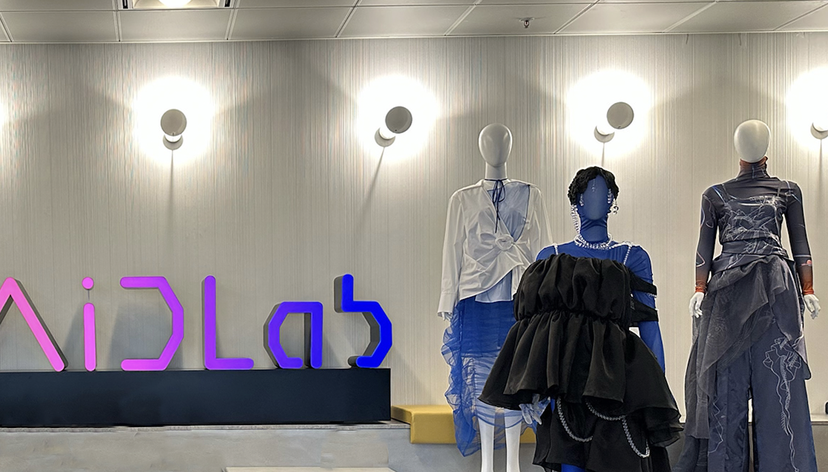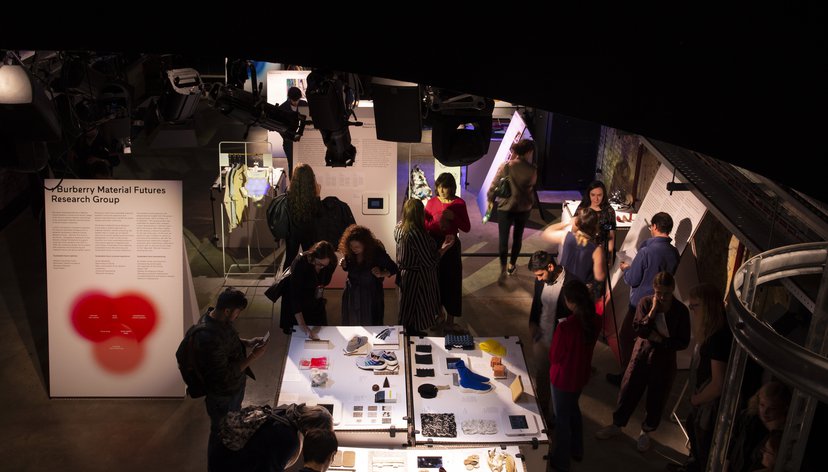
A series of studies to assess the feasibility of the three main research areas for Sustainable Future Materials, Manufacturing and Consumer Experience.
At a glance
- Feasibility assessments of the research questions arising from the Scoping Project.
- Synthesis of insights from the feasibility assessments to specify research trajectories.
- Public exhibition and symposium of insights and research trajectories during London Design Festival 2019.
Gallery
More information
The challenge
Having formulated the main research questions for the three Themes for the Burberry Material Futures Research Group (BMFRG) in the Scoping Project, we undertook a series of studies to assess the feasibility of them as legitimate areas for investigation, and to specify the main research trajectories.
Our approach
Exploring the Sustainable Future Materials theme research question - Is it possible to design and develop circular materials (fibres and flexible materials) from food industry by-products and waste? - two feasibility studies were initiated to develop circular fibres and flexible materials from food industry by-products and waste. The research identified two natural polymers occurring in food waste, namely cellulose and protein, and explored their technical and circular feasibility in the development of biomaterials.
Exploring the Sustainable Future Manufacturing theme research question - “What technologies, knowledge and capabilities need to be developed that would enable SME apparel brands and designers to design and manufacture the circular life of garments?” - the feasibility studies involved a review of literature to formulate a conceptual model comprising four key areas of ‘product requirements’, ‘enabling technologies’, ‘key actors’, ‘enablement’. This model was tested with exemplar cases of circular economy manufacturing.
Exploring the Sustainable Future Consumer Experience theme research question - ‘How can designed experiences catalyse people to be custodians of materials, and therefore stakeholders in material circularity, as a circular design strategy?’ - the feasibility studies aimed to understand if and how new interaction techniques might enable consumers to have more creative and informative interactions to create a deeper connection between people and products, and the materials in their products.
The ‘Feasibility Project’ culminated in an exhibition and a symposium at the Royal College of Art, London, during London Design Festival 2019.









